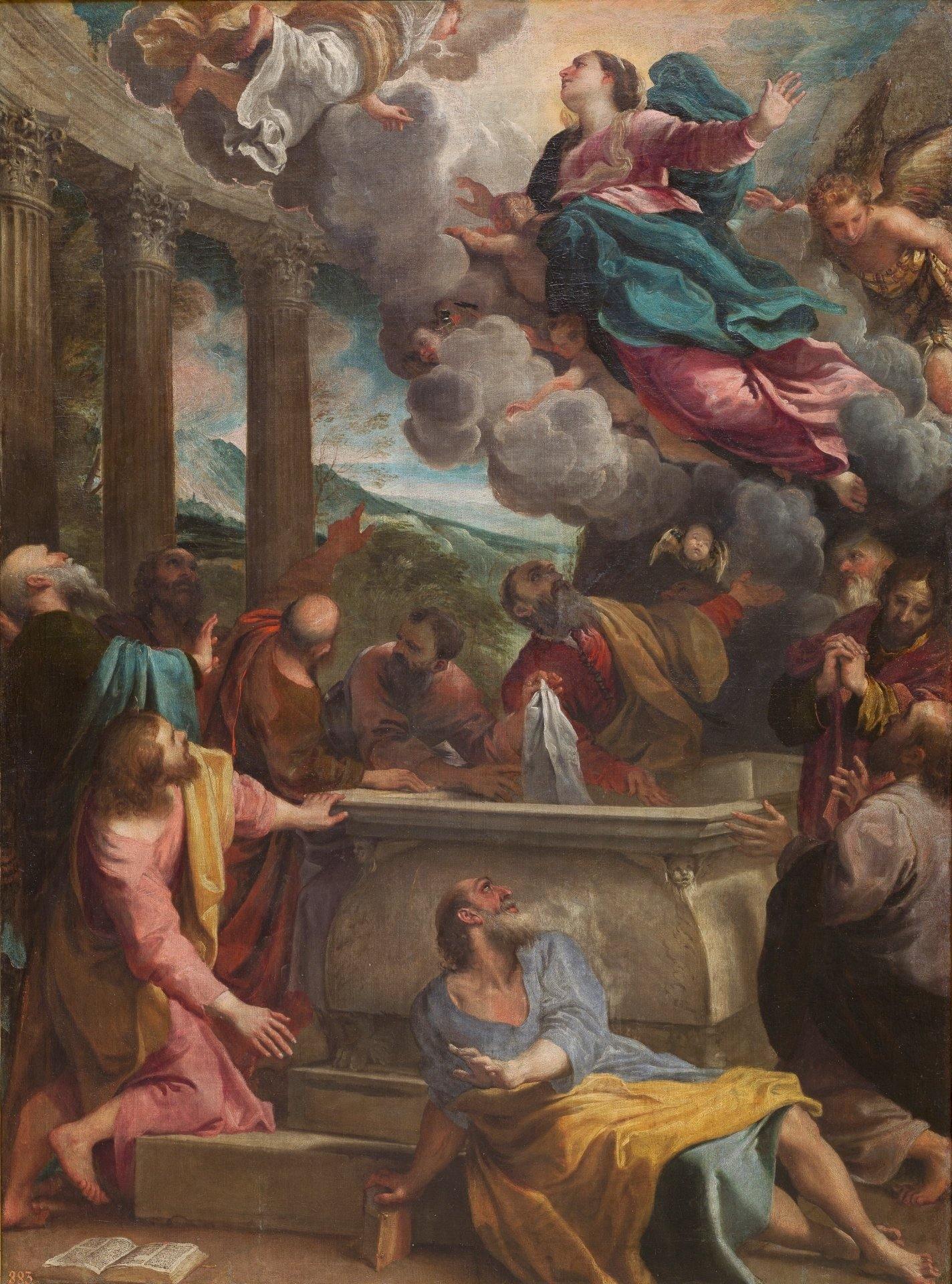Description
The painting Assumption of the Virgin by Annibale Carracci is a masterpiece of Italian Baroque art of the 17th century. This work represents the ascension of the Virgin Mary to heaven, surrounded by angels and saints.
Carracci's artistic style is characterized by his ability to combine Renaissance and Baroque elements, creating a unique and original work of art. The composition of the painting is impressive, with a large number of figures that intertwine in a heavenly dance.
Color is another outstanding aspect of this work. Carracci uses a palette of bright and vibrant colors, which give the painting a sense of movement and life. Gold and light blue tones combine to create a heavenly and divine atmosphere.
The history of painting is fascinating. It was commissioned by Cardinal Odoardo Farnese for the church of Santa Maria degli Angeli in Rome. The work was completed in 1601 and became one of the most famous paintings of the time.
In addition, there are little known aspects about this work. For example, Carracci is said to have used his own sister as a model for the figure of the Virgin Mary. It is also believed that the figure of the angel holding the Virgin's crown was inspired by the figure of a young man that Carracci saw in the street.
In conclusion, the painting Assumption Of The Virgin by Annibale Carracci is an impressive work of art that combines Renaissance and Baroque elements to create a unique and original work. Its composition, color and history make it one of the most important paintings of the time.

